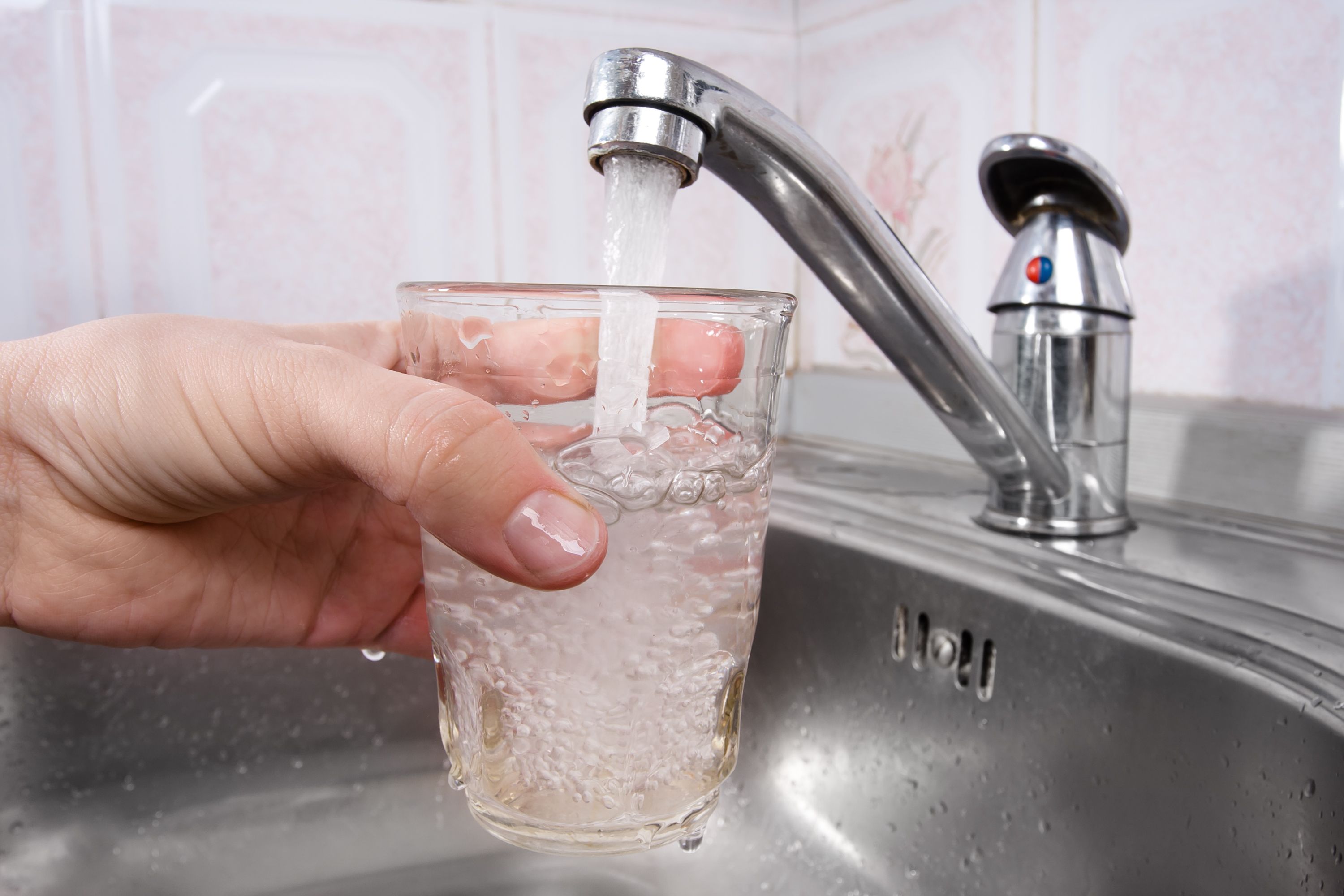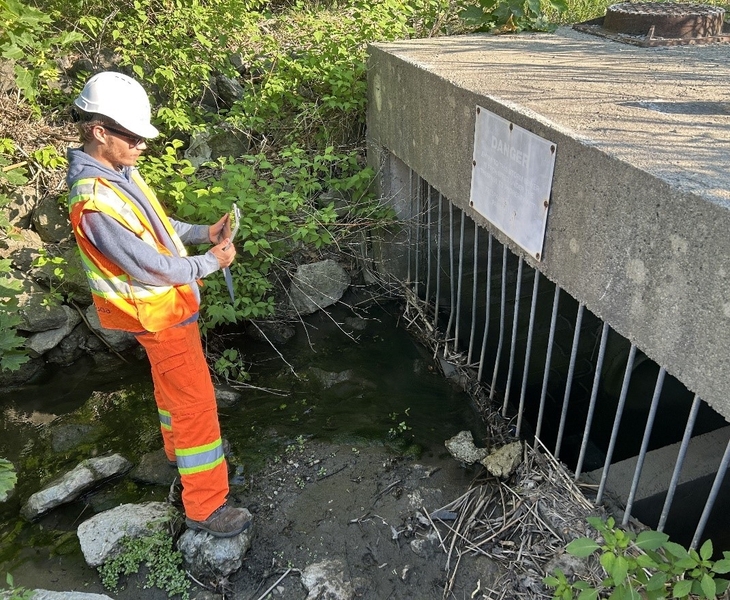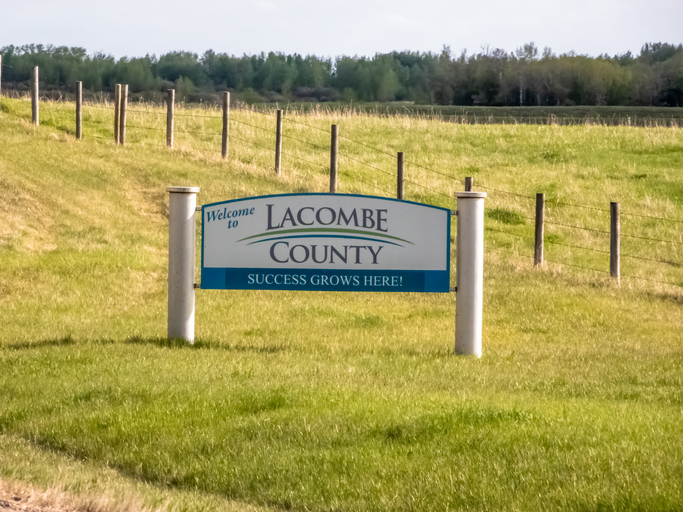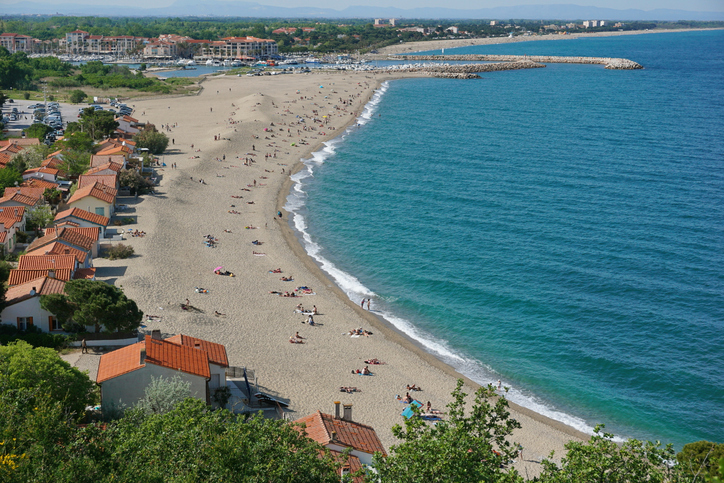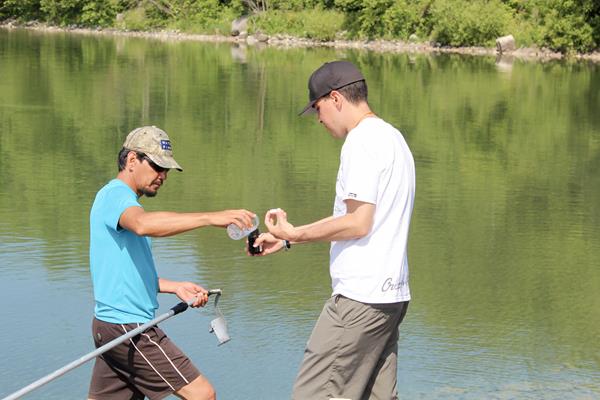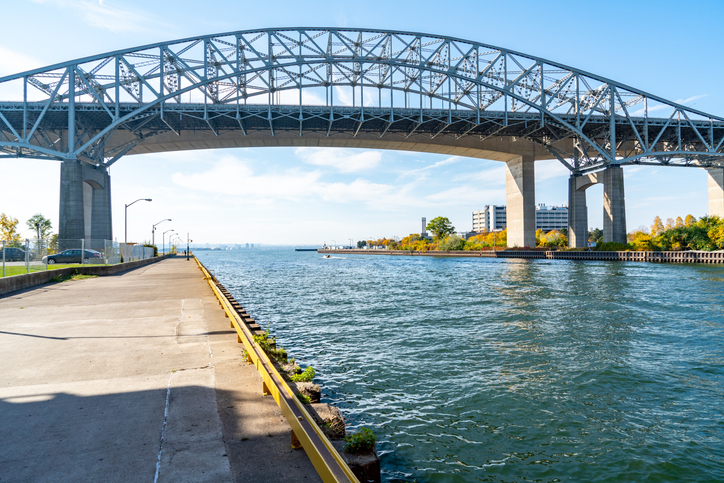MONTREAL – Just in time for World Water Day, the One Drop Foundation is releasing the results of a new public opinion poll and reaffirming its unwavering commitment to safe water access for all. The Canada-wide survey carried out by Maru/Blue for One Drop reveals that:
- 41% of Millennials believe water access could be affected by climate change, dropping to 35% for Gen Xers and 27% for Baby Boomers.
- Approximately 1 in 3 respondents think all Canadians have equitable access to safe water.
- 86% of respondents say the government should protect our water resources, 52% believe companies share in that responsibility, and only 50% think individuals are personally responsible.
Most respondents (88%) are aware of how privileged or extremely privileged Canada is when it comes to freshwater access and availability. Indeed, on average, Canadian waterways discharge nearly 9% of the planet’s renewable water resources, while the country is only home to less than 1% of the global population.
Nonetheless, nearly a third (32%) of the people polled across Canada believe that everyone living in the country has equitable access to drinking water—a number which balloons to 51% when you ask only Gen Zs (18-27). In reality, however, even in a country as water-rich as Canada, nearly thirty First Nation, Métis and Inuit communities still lack access to safe drinking water according to 2023 data.
“Through the Indigenous Water Allyship, One Drop is committed to expanding its safe water access mission in Canada—especially to Indigenous communities, which are usually the most remote and most vulnerable in terms of water-related issues,” explains Lisa Clowery, Co-CEO at the One Drop Foundation. The program was co-created alongside First Nations, Métis, and Inuit youth to highlight water challenges using the Foundation’s signature social art approach. “Together, we set into motion sustainable, structural change that improves living and health conditions in these communities.”
“While 79% of respondents think that water resources will be affected by climate change, 86% say that the responsibility of protecting them falls on the government, and just 50% also think of it as an individual responsibility. Since 2007, One Drop has affirmed that protecting our drinking water—which includes access, quality, and availability—is incumbent upon each and every one of us, not simply the governments. Positive, sustainable change amidst the water and climate crisis can only be attained if everyone in the system feels personally called and takes ownership,” asserts Ernenek Duran, Co-CEO at One Drop.
It’s obvious that Canadian corporations have their fair share of the responsibility when it comes to protecting the country’s water resources. As economic engines, they wield significant sway over water quality and how much they use in their operations. It’s imperative that companies adopt sustainable water management practices to reduce their water footprint, prevent water pollution, and help preserve our ecosystems for future generations.
In light of these survey results, One Drop is raising awareness of the potential scarcity of water, despite the abundance of freshwater resources in Canada. Canada is heating up faster than the planetary average—twice as fast, to be exact. The organization underscores just how important it is to work towards preserving water resources on the governmental, corporate, and individual levels via sustainable, co-created solutions. The One Drop Foundation calls on governments, businesses, civil society, and individuals to join this crucial cause. Protecting water is not an isolated responsibility—everyone must pitch in.
About the survey
Maru Group‘s public opinion poll for the One Drop Foundation was carried out by the polling and data collection experts at Maru/Blue. In total, 1, 530 Canadians adults were selected at random from a pool of online Maru Voice Canada panelists on March 5 and 6, 2024. Using census data, survey results were weighted for education, age, gender, region, and language (Quebec). Doing so allowed our experts to ensure that the sample group was representative of the adult population of Canada. In contrast, a probability sample of this size comes with an estimated margin of error (which measures sampling variability) of +/- 2.5%, 19 times out of 20. When compared to data tables, any discrepancies in totals are due to rounding.
About the One Drop Foundation
At One Drop, we unite people and empower communities to solve the water and climate crisis through innovative, sustainable actions. Channelling the creative spirit of Cirque du Soleil, we rally local and international changemakers to raise funds and co-create solutions that drive life-changing projects worldwide. Together, since 2007, we have transformed the lives of nearly 3 million people in Latin America, India, Africa, and among Indigenous communities in Canada. Join us in turning water into action and creating a sustainable future with safe water for all.

